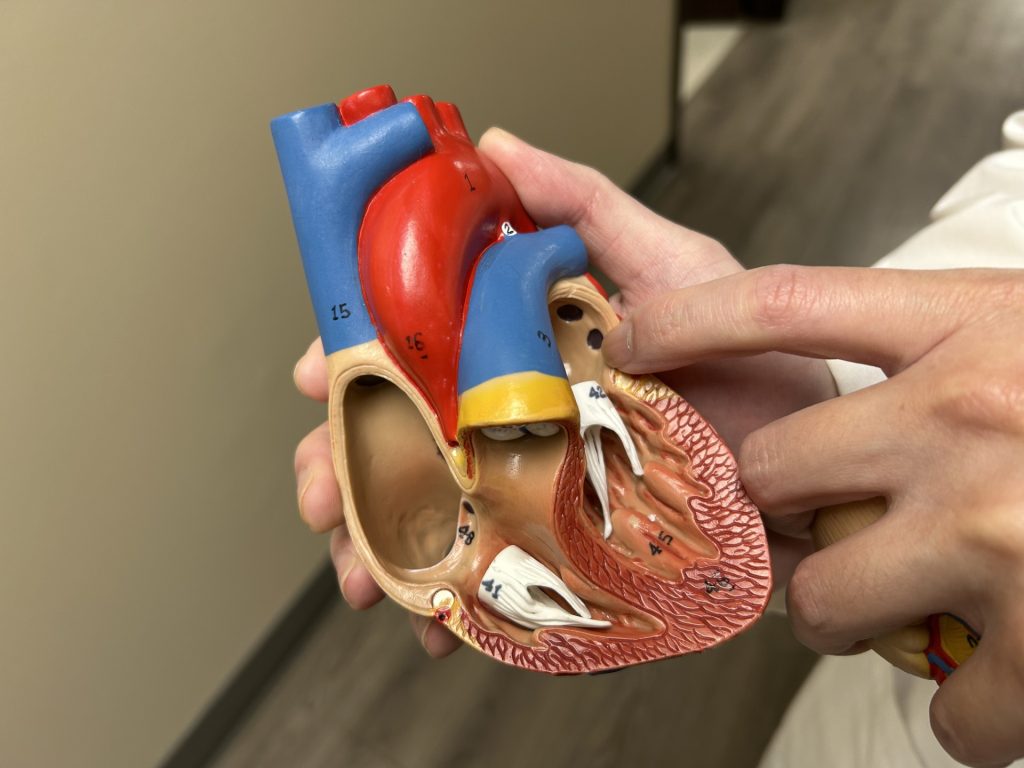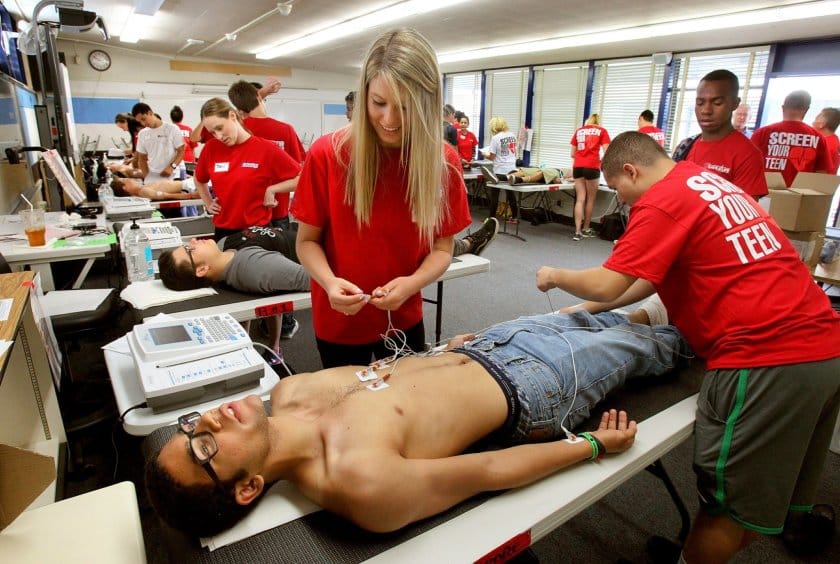
CHRISTUS Health spreads awareness for Atrial Fibrillation Awareness Month in September
CHRISTUS Health encourages the community to take proactive steps for their heart health.
Story by Paula Jimenez
Courtesy photos by CHRISTUS Health
“We know that AFib is one of the major causes of stroke, and the mortality of an AFib-induced stroke is very high.”
Dr. Bao Nguyen, an electrophysiologist at CHRISTUS Good Shepherd in Longview
In observance of National Atrial Fibrillation (AFib) Awareness Month this September, CHRISTUS Health is dedicated to raising awareness about this serious heart condition and encouraging the community to prioritize and take proactive steps their heart health.
AFib, the most prevalent type of heart arrhythmia, is projected to affect approximately 12.1 million individuals in the United States, according to the Centers for Disease Control and Prevention. This condition is characterized by an irregular and often rapid heartbeat, resulting from a lack of synchronization between the heart’s upper chambers (the atria) and lower chambers.

“The electrical signals in the heart can become rapid and erratic, stimulating the left atria so fast that the heart can literally start shaking,” said Dr. Bao Nguyen, an electrophysiologist at CHRISTUS Good Shepherd in Longview.
While AFib can impact anyone, certain risk factors, such as obesity, can heighten the chances of developing this condition. Dr. Nguyen says that patients who lose just 10% of their body weight can significantly lower their risk of AFib, potentially by as much as 50%. Other contributing factors include high blood pressure, heart disease, diabetes, and aging.
“We know that AFib is one of the major causes of stroke, and the mortality of an AFib-induced stroke is very high,” he said. “That is why it is so important to catch it early, so we can work on an appropriate treatment plan.”
Managing AFib might involve medication, such as blood thinners, lifestyle modifications, or medical procedures like ablation. Ablation, a minimally invasive procedure, aims to target and eliminate the abnormal heart tissue responsible for the irregular rhythm. Dr. Nguyen said recent advancements in ablation techniques, particularly pulsed field ablation (PFA), which have improved safety, speed, and precision compared to traditional methods.

“The structures around the heart are very sensitive and PFA has allowed us to treat the AFib in the heart and basically eliminate damage to surrounding tissue,” he said.
Dr. Nguyen advises individuals to seek medical attention if they suspect they may have AFib or experience persistent symptoms, such as rapid heartbeats, shortness of breath, and prolonged fatigue.




